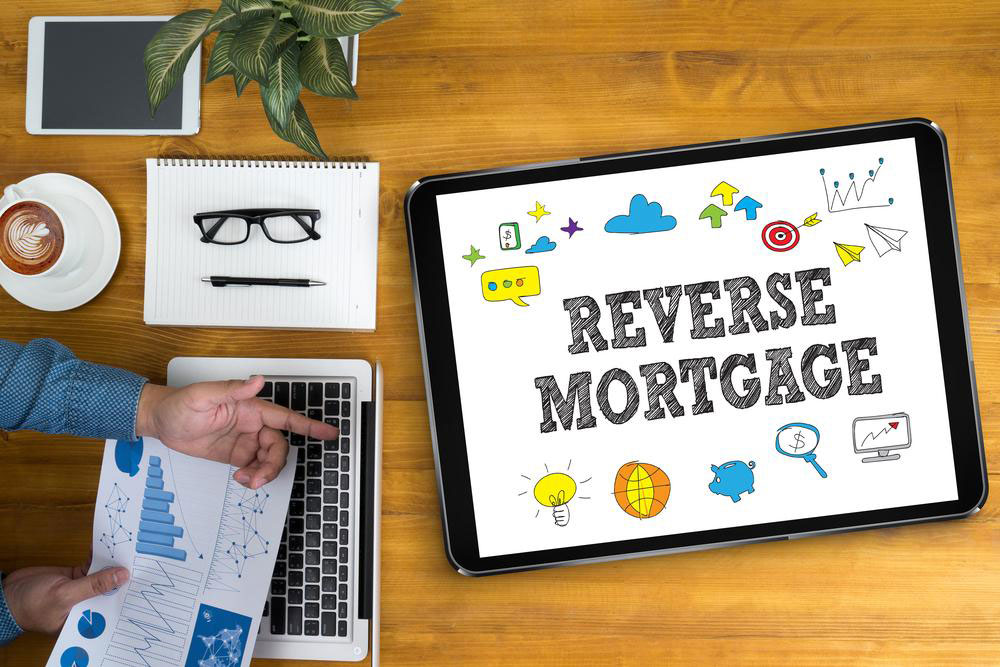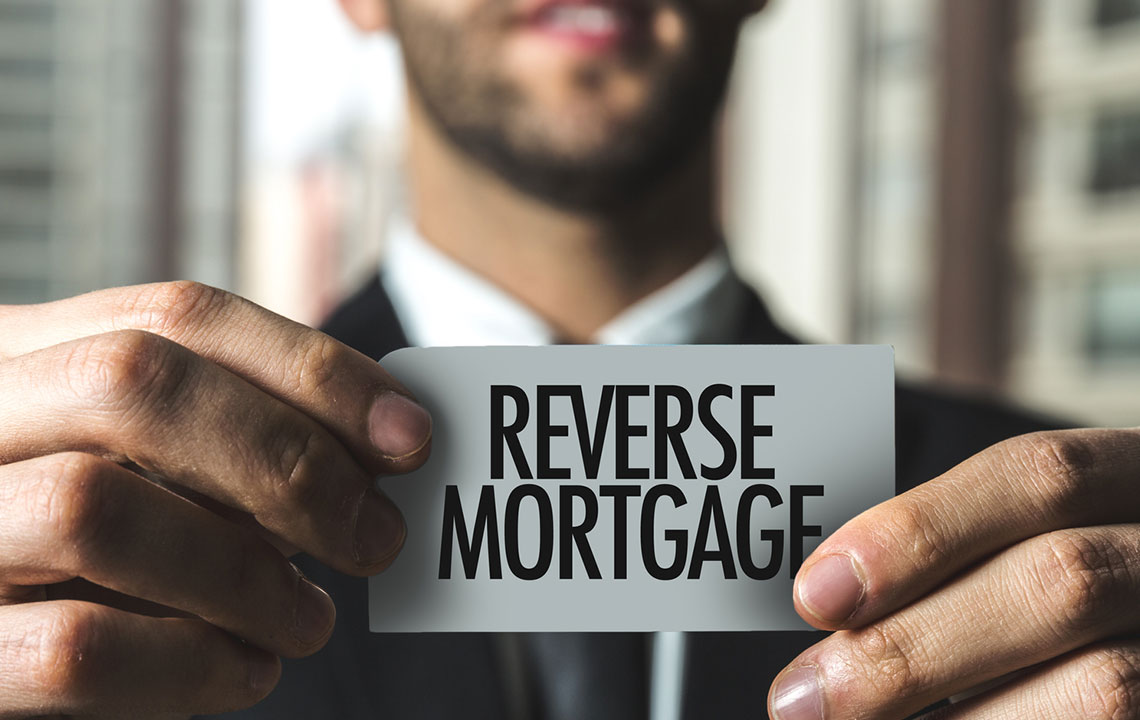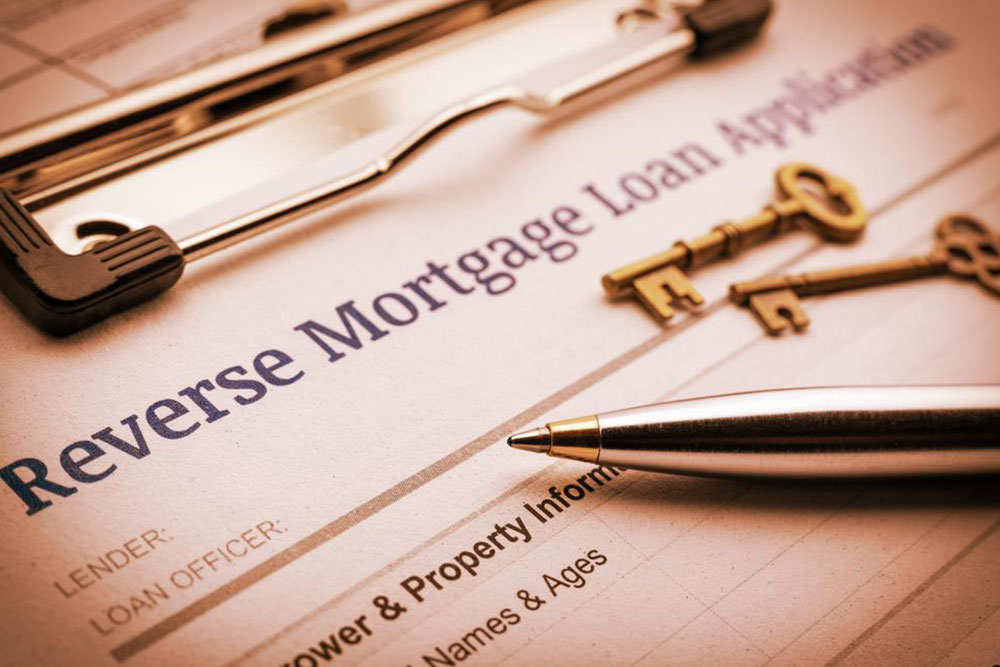Essential Insights on Reverse Mortgage Options for Seniors
Discover essential details about reverse mortgages for seniors, including types, eligibility, benefits, and important considerations. This guide helps older homeowners understand how reverse loans work, their responsibilities, and advantages, emphasizing the importance of thorough research and counseling to make informed financial decisions.

Essential Insights on Reverse Mortgage Options for Seniors
Key Information About Reverse Mortgages for Seniors
Reverse mortgages are financial tools designed for individuals aged 62 and above, enabling them to access the equity built in their homes. These loans are provided by lenders using the property as collateral. It's crucial to thoroughly review all information and consider discussing options with family members before proceeding. While reverse mortgages can be helpful, understanding all implications is vital to make an informed decision.
Different Types of Reverse Mortgage Loans for Seniors
Home Equity Conversion Mortgage (HECM): This option is regulated by the U.S. Department of Housing and Urban Development. Although it’s not an official government loan, it is issued by mortgage lenders and insured by the FHA, a part of HUD.
Proprietary Reverse Mortgage: Privately insured, these loans are offered by individual companies and are often suited for homes that don’t qualify for FHA-backed loans. They typically include consumer protections similar to the HECM program, including required counseling.
Proprietary reverse mortgages are advantageous for seniors with properties ineligible for FHA financing.
Eligibility and Responsibilities for Seniors Considering Reverse Mortgages
Age Requirement: Borrowers must be at least 62 years old. Exceptions may apply if one spouse is younger; additional assessment is required.
Occupancy: The residence must be the primary home used as collateral. Investment properties or vacation homes are not eligible.
Tax and Insurance Payments: Borrowers are responsible for maintaining property taxes, homeowner’s insurance, and related fees, including HOA or condo fees.
Property Maintenance: Borrowers must keep the home in good condition and handle necessary repairs.
Transfer of Ownership After Death: When the last borrower passes away, heirs can satisfy the loan by transferring ownership or through estate processes, with the property conveyed either by will or law.
Can You Cancel a Reverse Mortgage?
Cancellation processes vary by lender. It’s advisable to clarify options upfront.
Early discussions about canceling can help weigh options effectively.
Repayment Timeline for Reverse Mortgages
Unlike traditional loans, reverse mortgages don’t have a fixed repayment period.
Repayment is typically due after the homeowner dies or moves out permanently.
The estate sells the home and uses the proceeds to settle the debt; if insufficient, lenders accept a loss, with no claim on heirs’ assets.
Is Counseling Required?
Many seniors lack full understanding of reverse mortgages.
Counseling ensures they comprehend the product's details and implications, helping to prevent financial pitfalls.
Advantages of Reverse Mortgages for Seniors
Flexible payment options, including monthly installments or line of credit
Allows seniors to live in their homes without monthly mortgage payments
Heirs are not responsible if the loan balance exceeds home value
Remaining home equity can be inherited after repayment
Potentially lower interest rates compared to other financial options
Before opting for a reverse mortgage, it’s wise to use online calculators to evaluate costs and benefits. This helps in making an informed, tailored decision using various accessible tools.










